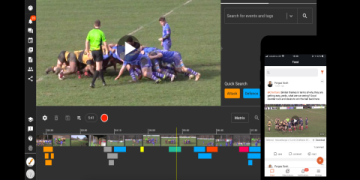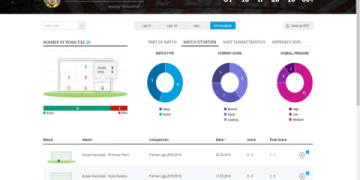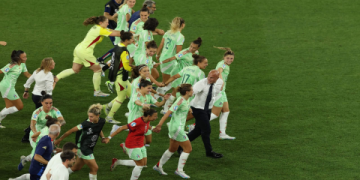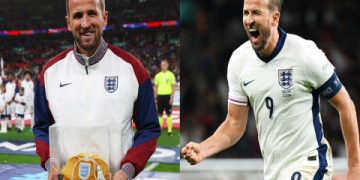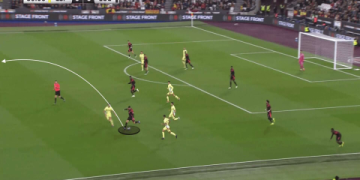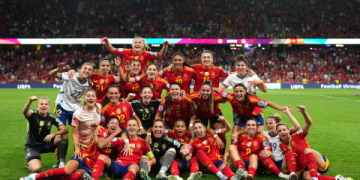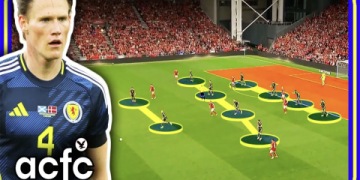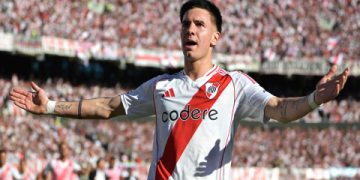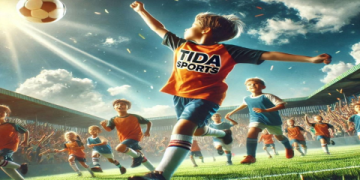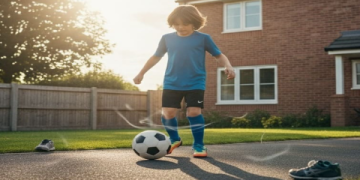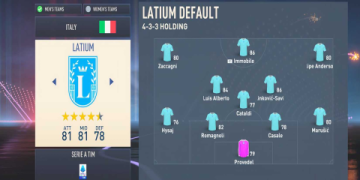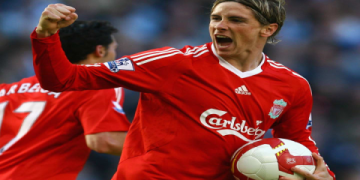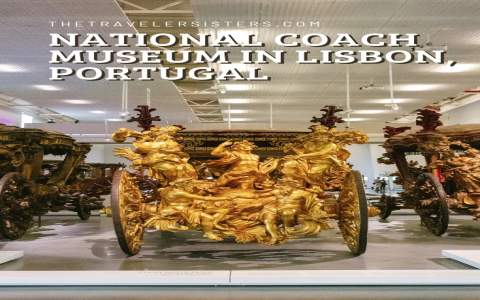When Roberto Martínez stepped onto the touchline of Estádio do Dragão for his first match as Portugal national team coach, few expected the Spaniard to reignite a squad still carrying the emotional aftershock of a World Cup quarter-final exit. Eight months later, the Seleção top their Euro 2024 qualifying group with a perfect record, have scored 34 goals in ten competitive fixtures, and—most remarkably—look younger, faster and tactically freer than at any point since their Euro 2016 triumph. How did the 50-year-old former Belgium boss transform a golden generation that many feared had already peaked?
Martínez’s first decision was the boldest: he told Cristiano Ronaldo the team would no longer be built around him, but with him. Instead of benching the 38-year-old icon, the coach repositioned Ronaldo as a penalty-box apex inside a fluid 3-4-2-1 system. The move preserved Ronaldo’s aerial dominance—he has already netted nine times in qualifying—while freeing the flanks for Rafael Leão’s anarchic dribbling and João Félix’s late-channel surges. “Identity cannot depend on one player,” Martínez explained in Lisbon last month. “It must depend on how eleven players interpret space.”
That obsession with space is the hallmark of his methodology. Data from Portugal’s qualifying campaign show the team now averages 72% possession, but with 38% of it in the final third—an 11% increase under Fernando Santos. The secret lies in “positional play with Portuguese characteristics,” a phrase Martínez coined in his first press conference. Full-backs João Cancelo and Nuno Mendes invert simultaneously, creating a 2-3-5 attacking lattice that mirrors Manchester City’s blueprint, yet is laced with the sudden diagonals and third-man runs that defined Portugal’s golden era of Deco and Figo. The result: opponents must choose between congesting the middle, where Bruno Fernandes and Vitinha orchestrate, or staying wide to contain Leão, thereby exposing Ronaldo between the posts.
Equally transformative has been Martínez’s cultural reboot. He abolished the seniority rule for room assignments, introduced 24-hour “leadership councils” that rotate every match-day squad, and invited futsal coaches to teach improvisation drills at breakfast. Youngsters such as 19-year-old centre-back António Silva speak of “training without fear,” a stark contrast to the hierarchical atmosphere of the Santos era. Captain Pepe, at 41 the squad’s oldest ever player, calls Martínez “a professor who still listens to his students.”
The numbers back the narrative. Portugal’s expected goals against (xGA) has dropped to 0.58 per match, the lowest of any UEFA nation in 2023, thanks to a high line coordinated by Manuel Akanji-style sweeperkeeper Diogo Costa. Meanwhile, the average age of the starting XI has fallen from 28.4 to 25.9, injecting the press-resistant legs that Santos’s side lacked in Qatar.
Yet the ultimate test awaits in Germany next summer. Martínez’s Belgium never converted group-stage artistry into silverware, and questions linger over his ability to manage big-game egos when the stakes spike. For now, though, Portuguese fans are dreaming again of a second trophy, buoyed by a coach who has married their nation’s traditional flair with a modern tactical vocabulary. If the Seleção lift the Henri Delaunay Trophy in Berlin, the architect of their renaissance will deserve a place alongside Glória de Futsal and Carnation Revolution in the country’s folklore.

